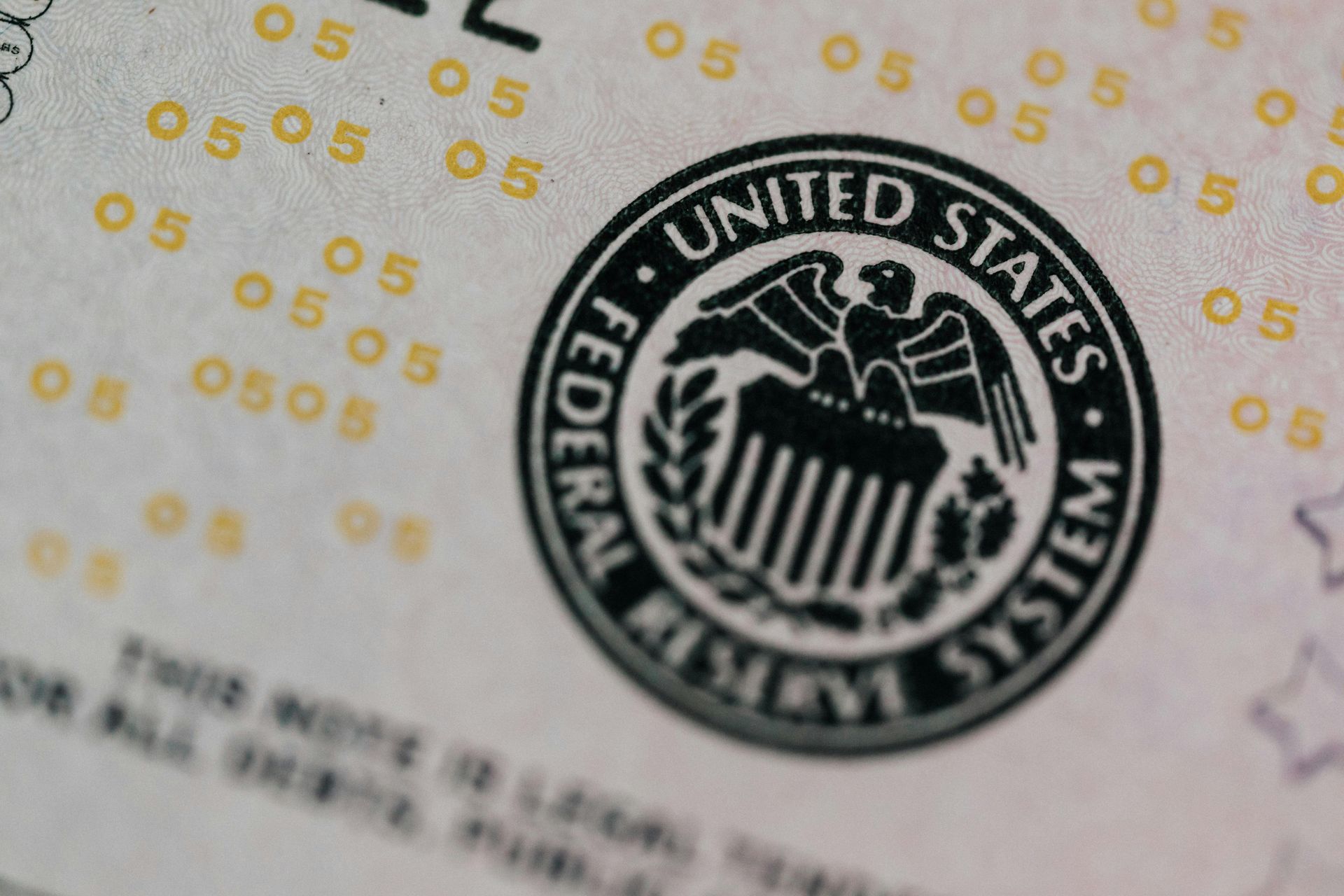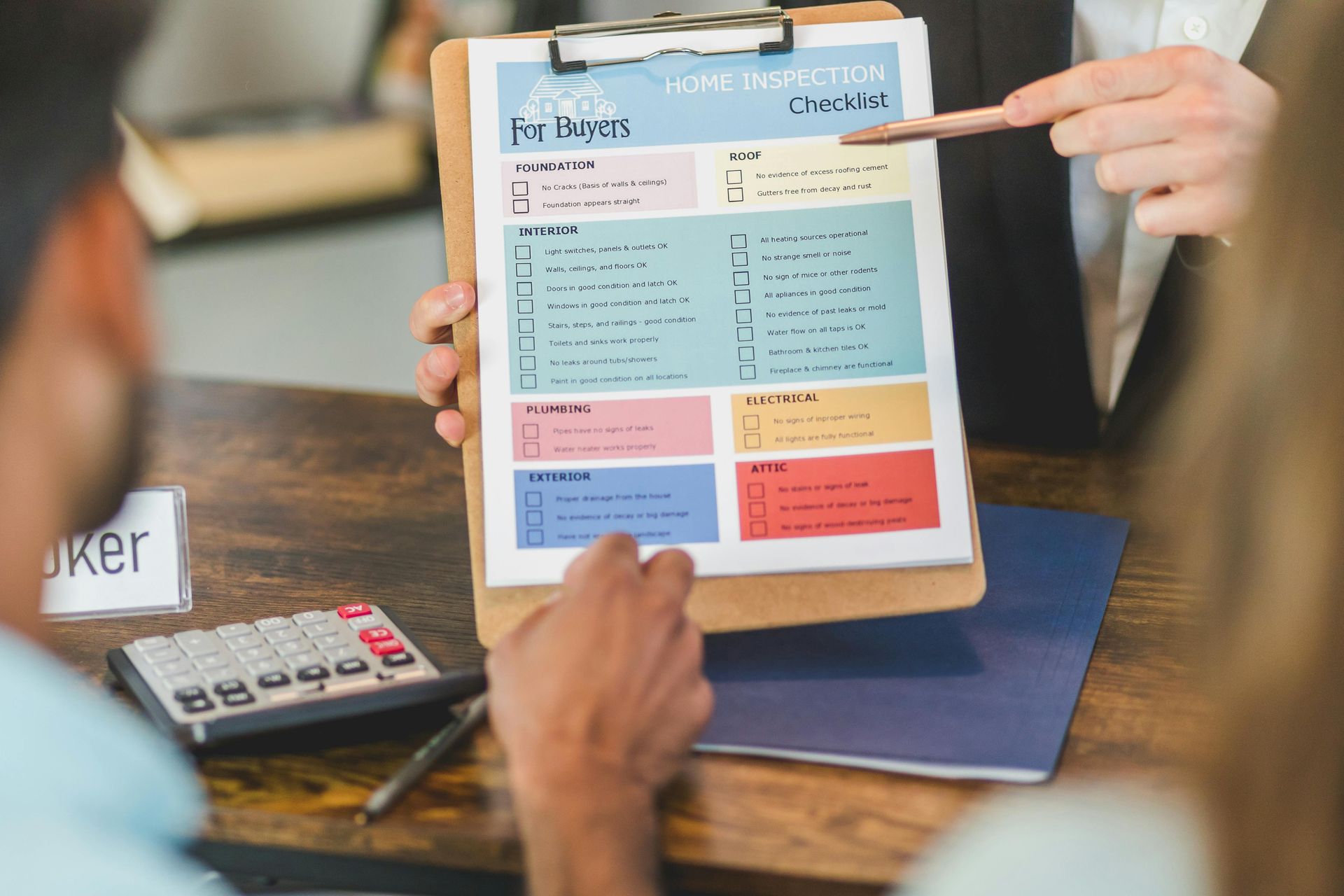Does the Fed Control Your Mortgage Rate? The Surprising Truth About Interest Rates
Quick Answer: No, the Federal Reserve doesn’t directly control mortgage rates. While Fed policy influences them, mortgage rates are determined by bond markets, economic conditions, and lender factors. Sometimes they move in opposite directions!
If you’re buying a home or thinking about refinancing, you’ve probably heard someone say “mortgage rates will go up when the Fed raises rates” or “wait for the Fed to cut rates before you buy.” But here’s the thing – it’s not that simple.

Let’s break down what really happens when the Federal Reserve makes rate decisions and how it actually affects your mortgage rate.
What Is the Fed Funds Rate Anyway?
The Federal Reserve sets the “fed funds rate” – this is the interest rate that banks charge each other for overnight loans. Think of it as the baseline cost of money in the banking system.
When you hear “the Fed raised rates by 0.25%,” they’re talking about this rate. But your mortgage? That’s a completely different animal.
The Real Driver: The 10-Year Treasury Bond
Here’s what most people don’t know: mortgage rates actually follow the 10-year Treasury bond much more closely than the Fed funds rate.
Real Data Example: In 2019, the Fed cut rates three times (from 2.5% to 1.75%), but mortgage rates actually went UP during parts of that period. Meanwhile, 10-year Treasury yields moved in sync with mortgage rates.
Why? Because when you get a 30-year mortgage, lenders need to predict what will happen to interest rates over the next three decades. The 10-year Treasury gives them a better sense of long-term economic expectations than the Fed’s short-term rate.
When Fed Rates and Mortgage Rates Go Different Directions
Myth Busted: “Mortgage rates always follow Fed rates”
This happens more often than you’d think! Here are some real examples:
Example 1: The 2023 Banking Crisis
In March 2023, when Silicon Valley Bank collapsed, mortgage rates actually dropped even though the Fed was still raising rates. Why? Investors fled to the safety of Treasury bonds, driving down long-term rates.
Example 2: The “Taper Tantrum” of 2013
The Fed hadn’t even raised rates yet, but just talking about slowing down bond purchases caused mortgage rates to spike from 3.4% to 4.6% in just four months.
Example 3: COVID-19 Response (2020-2021)
The Fed cut rates to near zero, and mortgage rates did fall initially. But by late 2021, inflation fears pushed mortgage rates up even while Fed rates stayed at zero.
What Actually Drives Your Mortgage Rate
Your actual mortgage rate depends on several factors beyond any government policy:
1. Bond Market Sentiment
Mortgage rates move with investor demand for long-term bonds. When investors are worried about the economy, they buy more bonds, which pushes rates down.
2. Inflation Expectations
If investors think prices will rise faster in the future, they demand higher rates to compensate. This is why mortgage rates often rise when inflation news comes out, even if the Fed hasn’t moved.
3. Economic Growth Outlook
Strong economic data can actually push mortgage rates UP because investors expect the Fed to raise short-term rates and inflation to increase.
4. Global Events
Wars, pandemics, trade disputes – anything that makes investors nervous can send them rushing to buy U.S. Treasury bonds, which lowers mortgage rates.
5. Your Personal Factors
• Credit score
• Down payment size
• Loan type (conventional, FHA, VA)
• Loan amount
• Geographic location
The Mortgage Rate Spread: Why Banks Add Extra
Even if Treasury rates stay flat, your mortgage rate can still change due to the “spread” – the extra amount lenders charge above Treasury rates.
Real Numbers: Historically, 30-year mortgage rates average about 1.5-2 percentage points above 10-year Treasury yields. But this spread can widen during uncertain times:
• Normal times: 1.7% spread
• Financial crisis (2008): 2.8% spread
• COVID uncertainty (2020): 2.2% spread
So Should You Time the Market?
Here’s the honest truth: trying to perfectly time mortgage rates is nearly impossible, even for Wall Street professionals.
What the Data Shows:
• In 60% of cases over the past 20 years, waiting six months for “better” rates would have cost homebuyers money
• The difference between a “good” rate and a “great” rate is often less than the cost of waiting (rising home prices, rent payments, etc.)
• Rate changes are often driven by unpredictable events
Key Takeaways for Homebuyers
What You Should Know:
1. Don’t wait for the Fed – Mortgage rates can move independently of Fed policy
2. Focus on the 10-year Treasury – This is a better predictor of mortgage rate direction
3. Your personal finances matter more – A 0.25% rate difference is nothing compared to improving your credit score by 40 points
4. Consider the total cost – Monthly payment, closing costs, and home prices all matter more than chasing the perfect rate
Smart Strategy: Get pre-approved, know your rate options, and be ready to act when you find the right home. The “perfect” rate might never come, but the right house might not wait.
The Bottom Line
The relationship between Fed rates and your mortgage rate is more like distant cousins than identical twins. While they’re related, they often move at different speeds and sometimes in different directions entirely.
Instead of trying to time the Federal Reserve, focus on what you can control: your credit score, down payment, and finding a home you can afford comfortably. The best mortgage rate is the one that gets you into a home that fits your budget and lifestyle.
Remember: You can always refinance later if rates drop significantly, but you can’t go back in time to buy that perfect house you let slip away while waiting for rates to fall.
Start Your Mortgage Application with Treasure Coast Home Loans
Your Local Mortgage Broker
Mortgage Broker Port St. Lucie, Florida
Learn More About the Mortgage Process.
Check Out Our Google Verified Reviews










